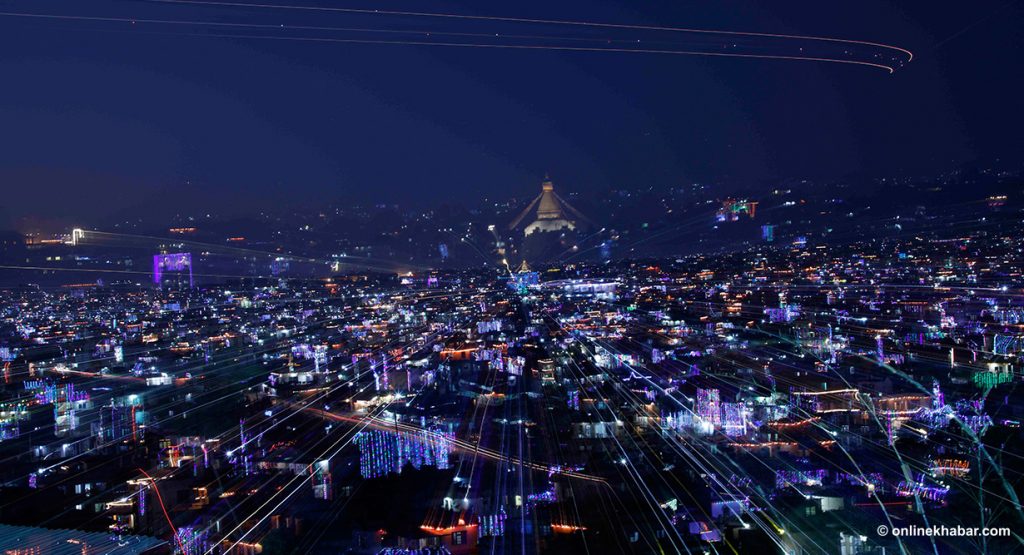
Kathmandu, October 10
Almost half of Nepal’s total economic transactions take place in the informal market and it has been a matter of concern for stakeholders including the government.
While tabling the budget estimates for this fiscal year in Parliament, then Finance Minister Krishna Bahadur Mahara had conceded, “The real size of economy is yet to be identified as a big portion of the economy is outside the formal market”, adding the government would make initiatives to control the growth of informal market.
Economists say that all financial transactions should be carried out through formal channels as the size of formal market determines tax rates to run the national economy.
Former Deputy Director General of the Central Bureau of Statistics Rudra Suwal says almost 100 per cent transactions of agricultural sector are informal. Likewise, around 96 per cent of labour sector is also in the informal market.
Analysts say the gross domestic product of a country is directly affected by the space covered by the informal market. Former Secretary Rameshore Khanal says the big size of informal market is not healthy as it affects the level of revenue collection.
“The government can collect tax from personnel and businesses registered formally only. No revenue can be obtained from the informal sector.”
He also points out that the growth of informal economy also leaves negative impacts on the competitive market.
“The informal economy also affect productivity and economic growth rates,” according to Suwal.
Meanwhile, after realising the bigger size of informal market and its effects on the GDP calculation, the government is preparing to review bases of the GDP calculation, informs Director of the CBS, Ishwari Prasad Bhandari.
Provisions in the System of National Account set up by the United Nations, International Monetary Fund and World Bank requires that the government should ‘re-base’ its GDP every five to 10 years. However, the re-basing has not been done in Nepal since 2000, according to the concerned agencies.






















